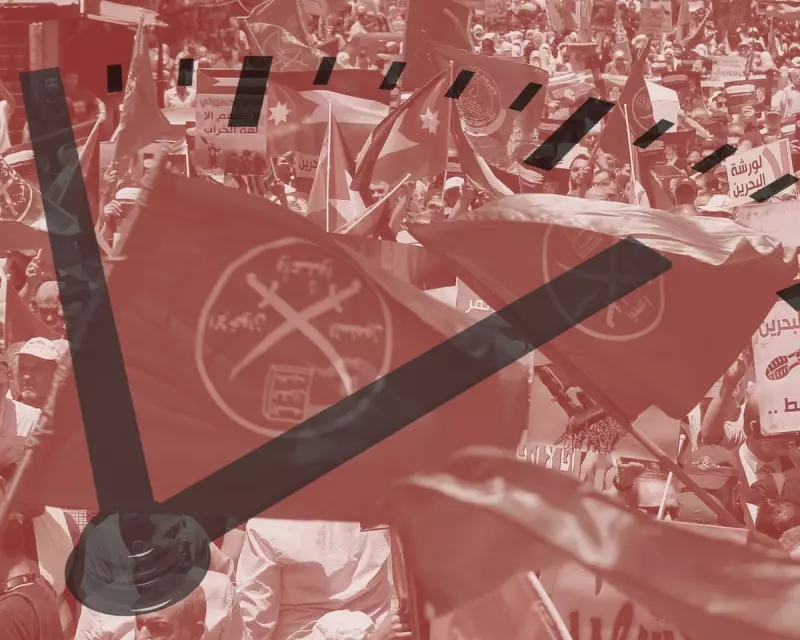
In a significant foreign policy move, US President Donald Trump has signed an executive order to begin the process of designating certain chapters of the Muslim Brotherhood as foreign terrorist organisations.
The Muslim Brotherhood: A Historical Overview
The Muslim Brotherhood stands as one of the Arab world's oldest and most influential Islamist movements. Founded in Egypt in 1928 by schoolteacher Hassan al-Banna, it emerged as an Islamic political movement aiming to counter the spread of secular and nationalist ideas while resisting Western colonialism.
This pan-Islamist organisation rapidly expanded across Muslim nations, often operating secretly while becoming a major political player. The group is currently outlawed as a terrorist organisation in Egypt, Saudi Arabia, and, more recently, Jordan, which banned it in April 2025.
Global Crackdown and Political Context
The crackdown on the Muslim Brotherhood has intensified globally. In Egypt, the group has been banned since 2013, following the military coup that overthrew its leader and then-president Mohamed Morsi, bringing current leader Abdel Fattah al-Sisi to power.
In May 2025, French President Emmanuel Macron ordered his government to develop proposals to counter the Muslim Brotherhood's influence and the spread of political Islam within France.
President Trump's November executive order initiates the process of designating specific Muslim Brotherhood chapters as both foreign terrorist organisations and specially-designated global terrorists. This designation would enable the United States to impose sanctions against the movement.
Implications and Future Consequences
This development represents a substantial shift in US policy toward one of the Middle East's most enduring political movements. The terrorist designation could have far-reaching consequences for the group's operations and international relations.
The move aligns the United States more closely with regional allies like Egypt and Saudi Arabia, who have long classified the Brotherhood as a terrorist organisation, while potentially creating new diplomatic challenges with nations where the group maintains a political presence.





